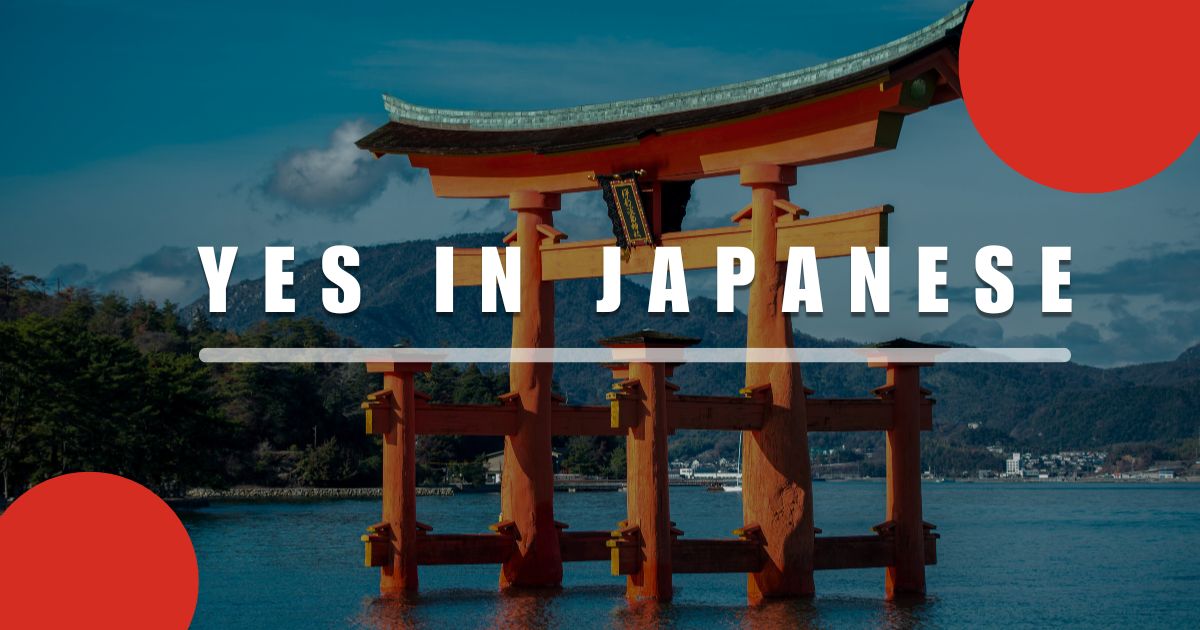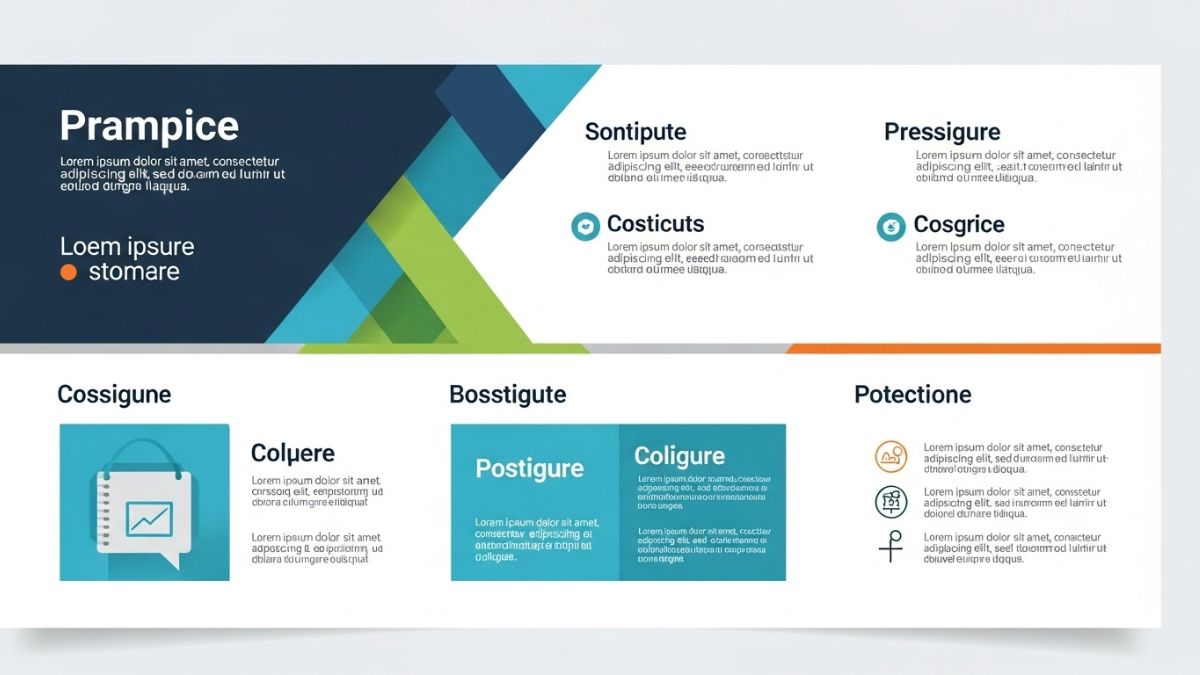Understanding how to say “yes” in Japanese goes beyond just knowing the word. The Japanese language has several ways to express agreement, each with different nuances. Whether you’re visiting Japan, studying the language, or simply curious about communication styles, knowing how to say “yes” properly can enhance your conversations and prevent misunderstandings.
The Basic Word for Yes in Japanese
The most common and direct translation of “yes” in Japanese is はい (hai). This is a polite and frequently used word that works in most situations. If someone asks you a question expecting a simple yes or no, “hai” will be your go-to word. However, context matters in Japanese, and this basic “yes” can carry various shades of meaning depending on tone and situation.
How Hai Is Used in Conversations
In day-to-day conversations, “hai” is more than just an affirmation. It’s often used to show attentiveness. For example, during a conversation or a lecture, Japanese listeners may say “hai” occasionally to show they’re following along. This doesn’t always mean agreement — sometimes it’s more about acknowledging that someone is speaking.
Polite Ways to Say Yes
In more formal settings, such as business meetings or with elders, people often use ええ (ee) or an elongated version of “hai” to sound more polite. Though “ee” still means yes, it comes across as softer and less robotic than “hai” when repeated frequently.
Casual Ways to Say Yes
Among friends or in relaxed settings, the Japanese might say うん (un) instead of “hai.” This is the equivalent of saying “yeah” in English. It’s informal, friendly, and widely used among peers. However, using it in formal settings can seem rude, so it’s best reserved for casual conversations.
Yes in Regional Dialects
Different areas in Japan have their own unique ways of saying “yes.” For instance, in the Kansai region, particularly in Osaka, you might hear せやな (seyana) or ほんまや (honmaya), which loosely translates to “That’s right.” These regional phrases add flavor and identity to the local dialects and are commonly used in daily speech.
Saying Yes Without Words
In Japanese culture, people often say “yes” through body language. A simple nod is universally understood as agreement. In fact, Japanese people may nod along during conversations even when they don’t fully agree, just to show they are listening. This can confuse outsiders, but it’s deeply rooted in the culture of politeness and harmony.
When Yes Doesn’t Mean Yes
One of the trickiest things for learners is that “hai” doesn’t always mean “yes” in the Western sense. Sometimes, it’s used to show acknowledgment rather than agreement. For example, in business, someone may say “hai” to confirm they understand what’s being said, not necessarily that they agree with it. This subtle difference can lead to misunderstandings if not recognized.
How Intonation Changes Meaning
The way “hai” is said also affects its meaning. A cheerful, rising intonation generally signals agreement. A hesitant or drawn-out “hai…” may indicate uncertainty or reluctance. This is where tone becomes critical in Japanese communication. Listening closely can help you understand the true message behind a simple “yes.”
Alternatives to Yes in Context
In some conversations, the Japanese might use context-based phrases like そのとおりです (sono tōri desu) meaning “That’s exactly right,” or もちろん (mochiron) meaning “of course.” These alternatives express a strong affirmation and add clarity, especially when the speaker wants to emphasize their agreement.
How to Respond Yes to Offers
When accepting an offer or invitation, Japanese people might use はい、お願いします (hai, onegaishimasu) which means “yes, please.” This phrase combines agreement with politeness, showing not only acceptance but also gratitude.
Yes in Customer Service Language
In customer service or keigo (honorific language), you’ll often hear more refined ways of saying yes, such as かしこまりました (kashikomarimashita) which means “Certainly” or “Understood.” This is typically used by staff in restaurants, hotels, and stores to sound respectful and professional.
When to Avoid Saying Yes Directly
Japanese culture often emphasizes indirectness, so people might avoid saying a blunt “yes” to preserve harmony. Instead, they may use non-verbal cues or soft language to agree. For example, they might respond with そうですね (sou desu ne) which means “That’s so” or “I see,” without explicitly saying yes or no.
Cultural Importance of Agreeing Respectfully
In Japan, agreeing respectfully is key to maintaining relationships. Even if someone disagrees, they might nod or say “hai” as a way to avoid confrontation. Understanding this dynamic can help you navigate Japanese communication with grace and cultural sensitivity.
Tips for Using Yes Naturally
If you’re learning Japanese, the best way to master the art of saying yes is through practice and listening. Pay attention to context, tone, and setting. Try mimicking how native speakers respond in various situations and always err on the side of politeness if you’re unsure.
Conclusion
Saying “yes” in Japanese isn’t just about translating a word — it’s about understanding culture, tone, and context. From the formal “hai” to the casual “un,” and from subtle nods to nuanced tones, the Japanese language offers a rich variety of ways to agree. Learning these expressions will not only improve your language skills but also deepen your cultural appreciation.
FAQs
Can I use “hai” in all situations in Japan?
While “hai” is acceptable in many scenarios, using it inappropriately (like when informal speech is preferred) might make you sound stiff or out of place.
What’s the difference between “hai” and “un”?
“Un” is a casual version of “hai” and is used among friends or people of the same social level. “Hai” is more formal and versatile.
Does nodding always mean agreement in Japan?
Not always. Sometimes it just means the person is listening. Be careful not to assume every nod is a “yes.”
Is it rude to say “hai” too much?
Not really — in fact, it’s often used to show you’re actively listening. However, repeating it robotically can feel unnatural.
How do I politely say “yes, please” in Japanese?
You can say “はい、お願いします (hai, onegaishimasu)” to politely accept an offer.















